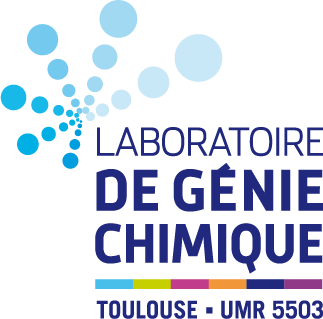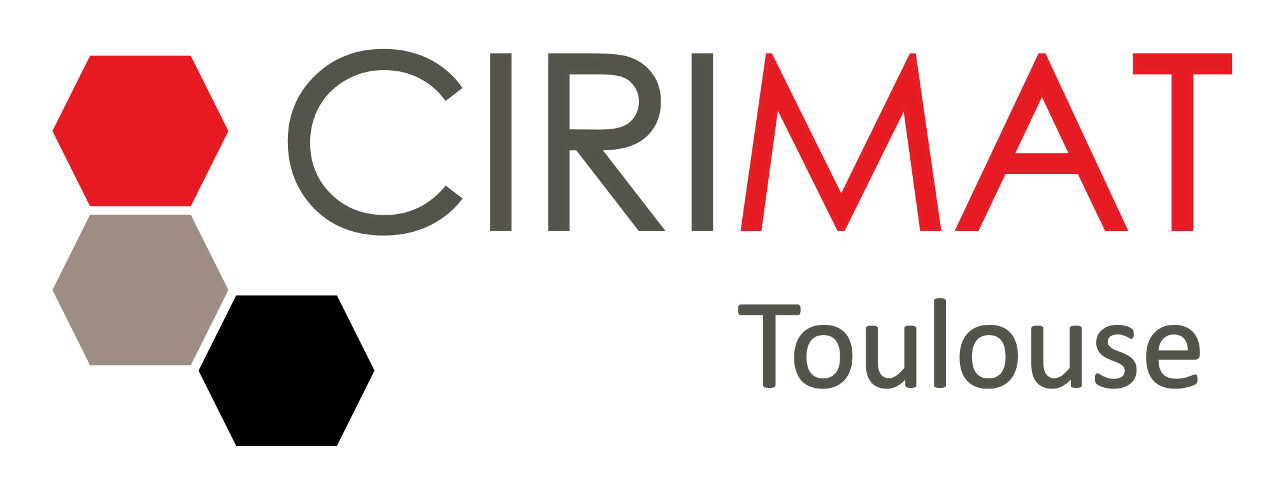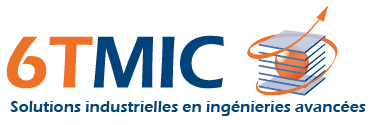OUR PARTNERS

Le Laboratoire de Génie Chimique de Toulouse (LGC)
https://lgc.cnrs.fr/
”Biofilms engineering” team of BIOSYM department (Bioprocess and microbial systems) has a well-recognised expertise in biocorrosion for about twenty years.
Their research expertise in electrochemical analysis, bioelectrochemistry and microbial/biofilm engineering, enzymatic and microbial models as well as in corrosion science has been successfully applied to the study of biocorrosion phenomena in different media (marine, oil & gas produced water, fresh water) and also for the development of bioelectrochemical systems such as microbial fuel cells (MFC) and microbial electrochemical cells (MEC).
Their experience is fully adapted to the planned tasks. In particular the knowledge and knowhow on the interfaces between microbial systems and metallic materials will allow a rapid adaptation of LGC protocols from stainless steel and carbon-based electrodes to Al alloy ones (LGC intellectual property rights).
Régine BASSÉGUY, senior researcher, is the MICOATEC project coordinator.

CIRIMAT
https://cirimat.cnrs.fr/
The MEMO team (Mechanics, microstructure, oxidation, corrosion), headed by Pr Christine Blanc, has a recognized expertise in material science approach of corrosion mechanisms, covering structure & surfaces and mechanical properties.
For the MICOATEC project, the MEMO high-level expertise regarding microstructural characterization of metallic materials and electrochemical tests to study their corrosion behaviour, for Al alloys in particular (some specific methodologies are included in CIRIMAT intellectual property rights), will be fundamental to analyse the correlation between the Al Alloy substrate microstructure and the structure & anticorrosion properties of the layer naturally formed on this substrate.
This will allow to identify the critical microstructural parameters concerning the Al alloy substrate which is the basis for artificial coating replication. In particular, this will be helpful to know whether a process, that will be found efficient for one Al alloy, could be effective to protect another Al alloys against corrosion.
This is of fundamental interest for industrial applications. Additionally, the MEMO expertise will also be pertinent toperform mechanical tests to evaluate the residual mechanical properties of the coated materials.

IRCP
The expertise in surface science of the research group Physical Chemistry of Surfaces (PCS), headed by Pr. Philippe Marcus, is recognized internationally, with a strong experience in electrochemistry of surfaces and corrosion, biointerfaces and modelling and simulation of surface structure and properties. The PCS role in MICOATEC project will be decisive for the development of a novel experimental methodology to be applied for the interface and surface characterization of the microorganism/metal surface, with an abiotic and biotic approach, during the whole project.

6TMIC
http://www.6t-mic.com/fr/accueil/
6TMIC is an SME specialized to improve knowledge transfer between research institutions and industry. Dr. Serge Da Silva, CEO of the company, and his team has a wide range of skills in order to turn new knowledge into new products and services. 6TMIC will perform a key role to extend the impact/exploitation of the MICOATEC results and achieve the technology transfer of the new anticorrosion coating developed.

MECAPROTEC Industries
https://www.mecaprotec.fr/index.php/fr/
MECAPROTEC is a midsize company in the field of surface treatments and paints application, strongly
focused on the aeronautical and naval sector[18,19]. Assuming that technical feasible potential alternative anticorrosion protection is developed during the ongoing MICOATEC project, extensive effort is needed beyond that point before it can be considered as an alternative to the aeronautical sector; intuitively the naval application will be certainly faster to reach. The involvement of MECAPROTEC Industries by side of Benoit Fori (R&D Engineer), knowing well the specific requirements of sectors, will be an added-value for the validation, certification and industrialization of the process.
